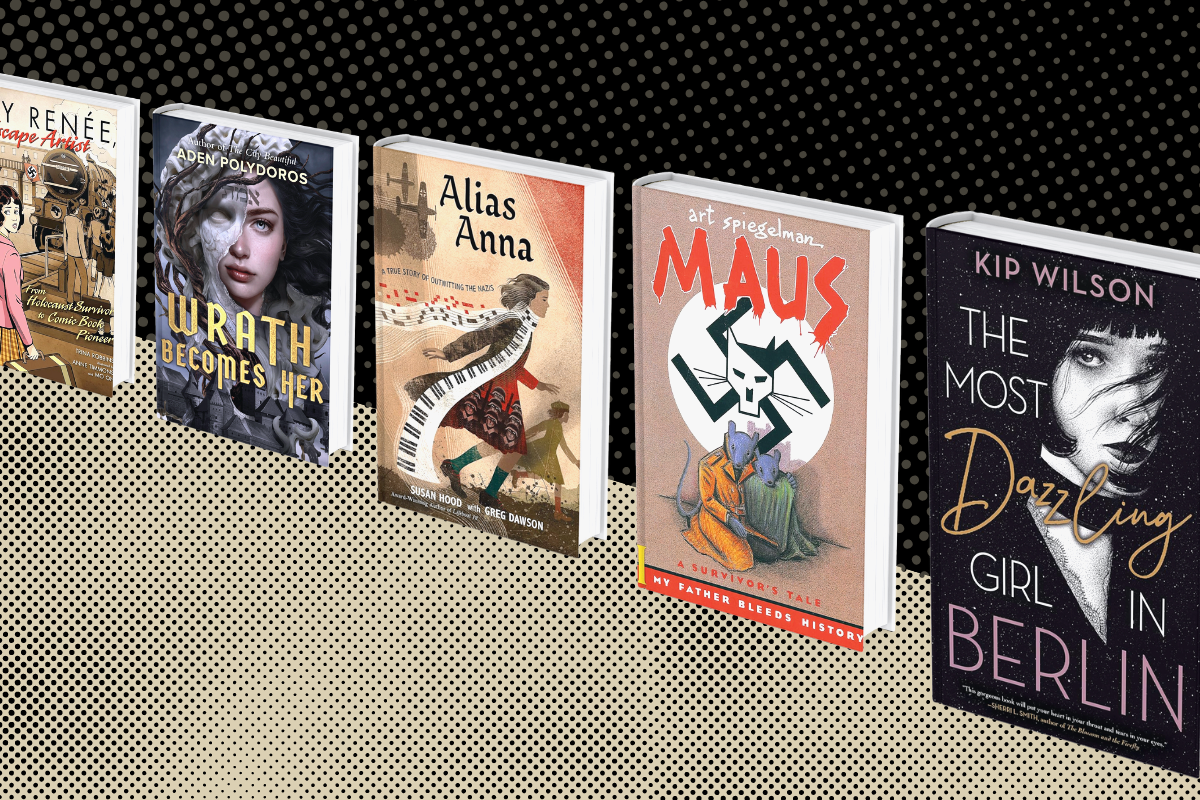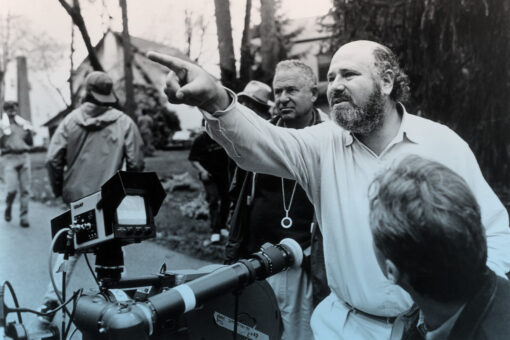“The Tattooist of Auschwitz” by Heather Morris is easily one of the most famous novels in the world about the Holocaust — and it is also one of the most problematic. Since its publication in 2017, several Holocaust institutions have called out the book for its historical inaccuracies regarding real-life events, as well the author’s success as a non-Jewish author profiting off Jewish trauma.
When it comes to the Holocaust and major historical traumas, there is a necessary amount of vigilance that needs to be taken into mind when depicting said events on the screen. Questions concerning narrative storytelling need to be asked, such as: Who is telling the story? How do we depict marginalized communities without reverting to harmful tropes of stereotypes? How do we approach intergenerational grief and trauma with care? Are the communities who have been involved with said historic event granted agency in telling their own stories, both in front of the camera and behind it?
Not all books and movies by non-Jewish writers and creators are inherently appropriative of Jewish trauma concerning the Holocaust; many are respectful and sympathetic. However it is telling when shows or films are made without involving Jewish voices.
I don’t think it’s too much to ask that Holocaust films and shows center the communities who were primarily targeted by the Nazis: Jews, Roma and Sinti, disabled individuals, the LGBTQ+ population… the people who were harmed and killed during the Holocaust. We do not need stories that romanticize persecutors (seriously, please no more Nazi romance films) or spotlight only gentile heroes.
Here’s a list of some notable books worthy of adaptation that discuss the Holocaust, many written by Jewish voices themselves.
1. “Maus: A Survivor’s Tale”
by Art Spiegelman
Based on the author’s father’s own experiences as a Polish Jewish Holocaust survivor, “Maus: A Survivor’s Tale” recounts a story of intergenerational trauma in a conversation between a survivor who has undergone significant trauma and his descendent who tries to understand it while dealing with his own. The graphic novel is significant for its legacy: It is the first graphic novel to win a Pulitzer Prize, and it proved to the Western arts world that comics aren’t just “low brow entertainment,” but a serious medium capable of critical storytelling. And with the current trend of banning books that discuss the Holocaust in schools, an adaptation of something like “Maus” is needed now more than ever.
2. “Alias Anna”
by Greg Dawson and Susan Hood
A Sydney Taylor Book Award 2023 Middle Grade Notable, “Alias Anna” is a novel-in-verse that retells the true story of Zhanna (alias “Anna”), a young Ukrainian Jewish piano prodigy who hid in plain sight from the Nazis and survived through playing her music. Written in collaboration with Greg Dawson, Zhanna’s son, Susan Hood brings her poetic touch to this history about family and survival.
3. “Wrath Becomes Her”
by Aden Polydoros
Set in 1943 Lithuania, “Wrath Becomes Her” by Aden Polydoros is a unique Holocaust story in that it’s told from the perspective of a golem shaped in the image of a murdered Jewish girl, designed for retribution against her Nazi murderers. This young adult historical speculative fiction novel pulls no punches, touching on Jewish rage, identity and agency during World War II with a sharp and tender voice. What’s more, we need more book-to-film adaptations based onbooks written by intersectional writers, such as this talented queer and Jewish author.
4. “Lily Renée, Escape Artist: From Holocaust Survivor to Comic Book Pioneer”
by Trina Robbins
By now, it should be no surprise that some of the most influential artists of the “Golden Age of Comics” were Jewish, such as Jerry Siegel and Joe Shuster, the creators of “Superman.” But not as many people are familiar with Lily Renée, one of the first female comic book artists of that time, known for drawing dynamic female leads such as Señorita Rio. Lily Renée is also a Holocaust survivor. Inspired by the life of this Jewish comic book artist and Holocaust survivor, Trina Robbins, a Jewish comics historian, wrote “Lily Renée, Escape Artist: From Holocaust Survivor to Comic Book Pioneer” — a tour de force of Jewish female survival and agency.
5. “The Most Dazzling Girl in Berlin”
by Kip Wilson
Written by the award-winning young adult author Kip Wilson, “The Most Dazzling Girl in Berlin” tells the story of Hilde, a young orphan who encounters queer Berlin on the edge of World War II. Told in verse, the novel highlights the queer history of pre-WWII Berlin, portraying the LGBTQ+ nightclubs and avenues of that era before the city was targeted by the Nazis. This book is a particularly welcome addition to the canon as it highlights the queer victims and survivors of the Holocaust who are often erased from this piece of their own history.



